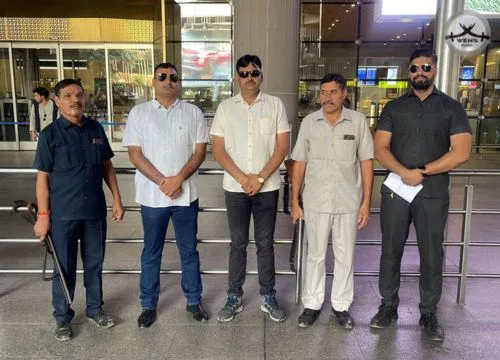Tourist security is a vital component of the travel experience, ensuring the safety and well-being of travelers in diverse environments. As global tourism continues to rise, understanding and implementing effective security measures has become essential for both individuals and organizations.
Understanding Tourist Security
Tourist security refers to the procedures and safeguards put in place to protect international clients from potential dangers such as terrorism, crime, and natural catastrophes. Ultimately, its main objective is to establish a secure atmosphere so that visitors can enjoy their time there without worrying about getting hurt. Specifically, physical security measures and skilled guards. In addition, plans for emergency preparedness are also necessary to handle a variety of situations.
Moreover, tourism security is extremely important since it affects travelers’ overall satisfaction and destination preferences. Consequently, places with a reputation for safety draw more tourists, which boosts local economies. By placing a high priority on tourist security, destinations may instill confidence in visitors, promoting discovery and interaction with diverse cultures while guaranteeing a safe trip.







